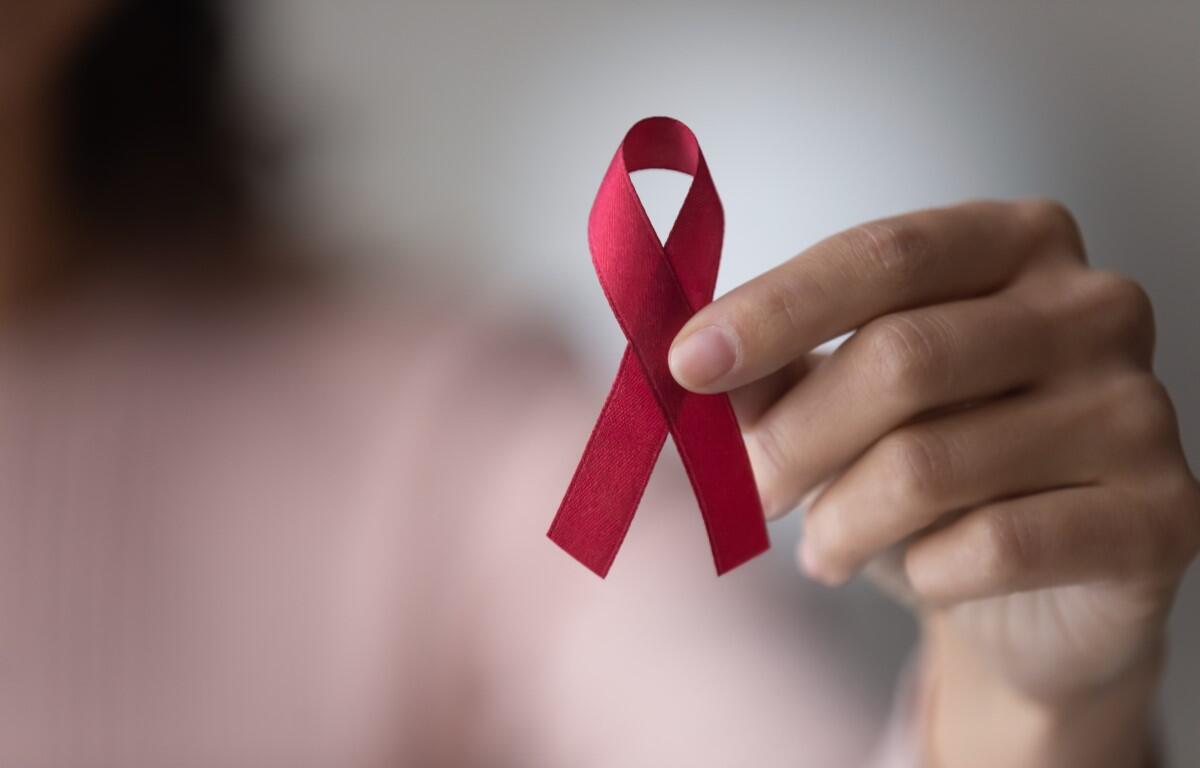CLARKSVILLE, TN (CLARKSVILLE NOW) – Jonathan Miller knew about HIV – the virus that causes AIDS – and he knew what his risk factors were. “But I had the mindset of ‘This won’t happen to me.”
One day, he decided to get tested at a local clinic, and the test came back positive: He had contracted HIV.
“In the hours after finding out, my world crashed,” Miller told Clarksville Now. “I thought I was going to die.”
Miller said it took about six months after diagnosis to get treatment, and the more he learned, the more he found that many of his preconceived notions were not true.
“The more I learned about what living with HIV actually was … the better I got,” Miller said. “I understood that this was a new path for me.”
Miller is far from alone this December, which is HIV Awareness Month. According to the Montgomery County Health Department, there are currently 339 people locally who have been diagnosed with HIV.
From darkness to a new purpose
In one of the scariest times of his life, Miller said, he started disclosing his diagnosis to friends and family. But he was met with the opposite of the desired response.
“My group of friends left and stopped talking to me,” Miller said. “They didn’t want to be associated with me because they did not want to be branded as having HIV as well.”
Miller said he spiraled into depression before he found his calling: To educate others. He’s now program manager for Syndemic Response Alliance, which is a program of the local nonprofit Meae Wellnesst has held public education events at Austin Peay State University.
“I found out that this new path that I was on was not as lonely as I thought it was going to be,” Miller said.
This new path has not always been met with kindness or understanding.
“Yearly I get multiple death threats from people that say I should just be put out to pasture – that I should be shot, that I should be hung, that I don’t deserve to exist. But my existence is a direct contradiction,” he said.
“Shining light in a dark place means all the difference in the world to people who may not even be able to tell their children that they’re living with HIV.”
Treatment and prevention
Nashville CARES, the largest HIV and AIDS support organization in Tennessee, has been in Clarksville since 2013. Their mission statement is to “end the HIV/AIDS epidemic in Middle Tennessee.”
“We work to achieve this through education, advocacy and support for those at risk for living with HIV,” David Bastin, the Clarksville leader for Nashville CARES, told Clarksville Now.
Bastin said that in addition to supporting those living with HIV, they take part in food distribution, housing assistance and transportation assistance.
Their local office is housed at Trinity Episcopal Church, which they say has been great supporter of their cause.
“I gave a talk, Sunday before last, at the church and we raised money for the clients, and the church bought Kroger gift cards, which we are currently distributing, mostly by hand and in person,” Bastin said.
They also have support groups that meet at their Nashville office.
Between support organizations and new medical developments, living with HIV has changed a lot in the nine years since Miller was diagnosed.
“(HIV) is no longer the death sentence that it used to be,” Miller said. “Treatment has come a long way. It used to be that you had to take an HIV cocktail with six pills, now it is a one-pill-a-day regimen.”
And, while abstinence and condom use are the traditional ways to prevent HIV, a new drug , PrEP (pre-exposure prophylaxis) is now on the market, available to at-risk adults. This month a PrEP drug received Food and Drug Administration approval, bringing us one step closer to stopping the HIV/AIDS epidemic.


